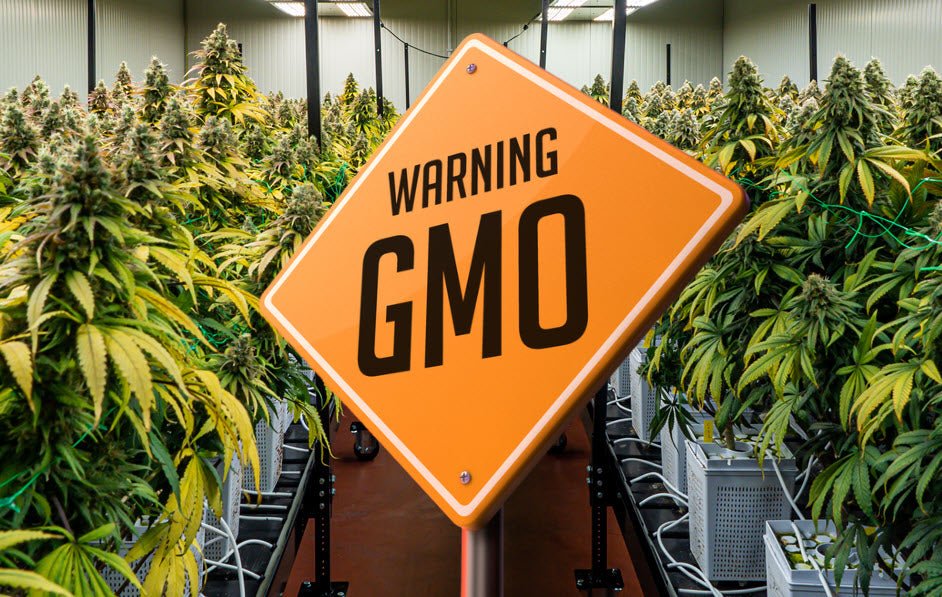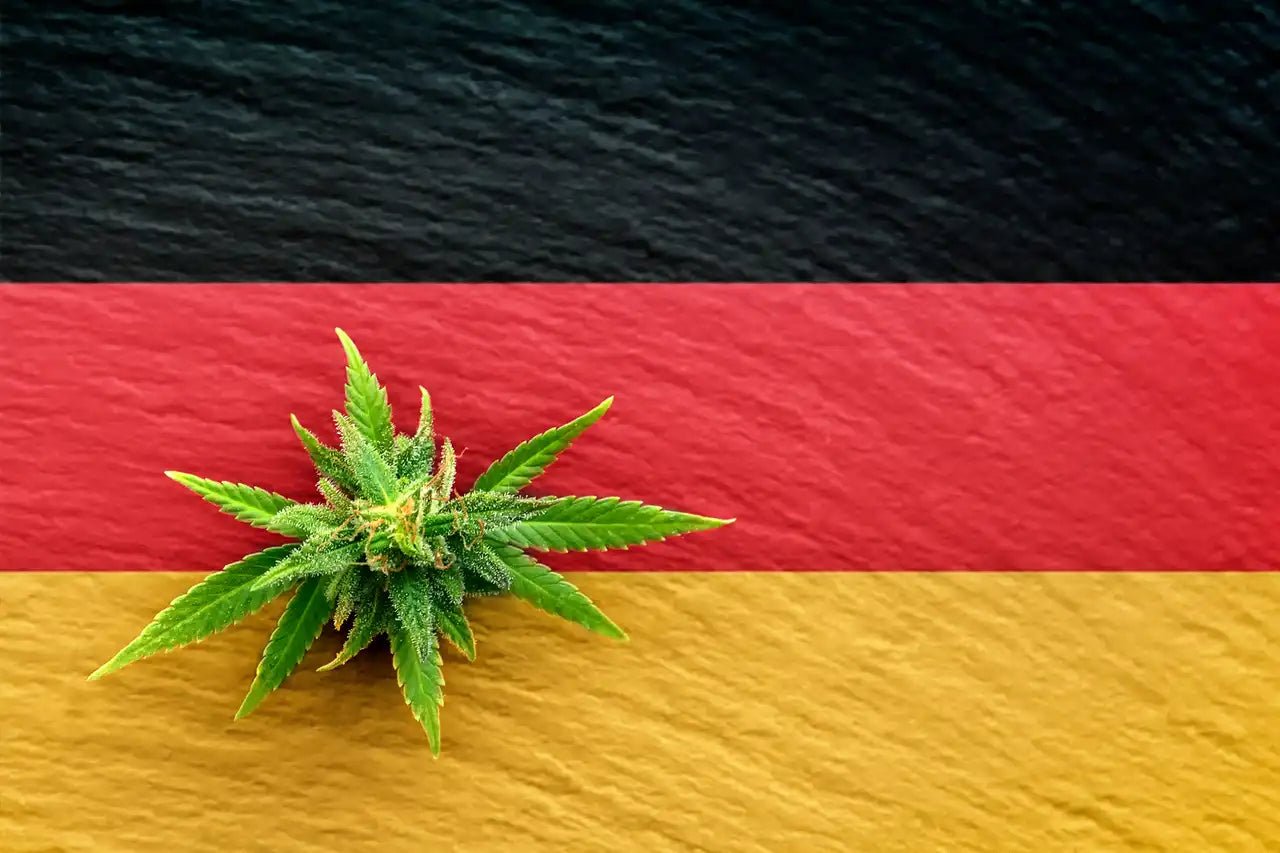The controversial measure is one of the most restrictive pieces of legislation targeting hemp and its intoxicating byproducts in the country.

True to her incendiary words, South Dakota Governor Kristi Noem (R) has signed into law a polarizing and potentially unconstitutional new statute aimed at banning all hemp-derived items containing intoxicating hemp derivatives (IHDs), such as the highly mischaracterized delta-8 THC and other naturally occurring cannabinoids.
Late last month, the State legislature passed the potentially devastating bill in response to the proliferation of IHD products in smoke shops, gas stations, and convenience stores across the midwestern state, known for its substantial agricultural sector, which has been significantly boosted since the 2018 Farm Bill legalized hemp and all of its downstream products.
According to numerous local and national media outlets, Governor Noem signed the bill into law last week despite desperate pleas to rework the measure's language to spare CBD extracts from being prohibited by the new statute.
CBD extracts, which contain trace amounts of naturally occurring THC cannabinoids, have been sold as over-the-counter health supplements in the state since the Farm Bill's passage. State Senator Ryan Maher (R-Isabel) attempted to amend the bill to restore an exemption for items containing those trace amounts of THC during the Senate debate last month but was unsuccessful.
Disappointed by the actions of his fellow Senators, Maher said, "We always want to tout that our state is open for business until we don't like that business."
"We always want to tout that our state is open for business until we don't like that business."
- South Dakota State Sen. Ryan Maher, R-Isabel
He also expressed his fears that the law could potentially result in a flood of illegal products hitting South Dakota streets later this Spring as affected retailers clear their inventory of those items containing hemp-derived intoxicants.
Regardless of Maher's apprehensions and the economic damage to the state's still young and burgeoning hemp industry, the law now prohibits the production, sale, and distribution of "chemically modified or converted industrial hemp." Specifically, the measure bans delta-8 THC, delta-9 THC, delta-10 THC, THC-O-acetate, HHC, THCP, and "any other THC isomer, analog, or derivative" of industrial hemp.
The new will also zero in on gummies, vape pens, pre-rolled joints, and smokable flower that contain IHDs, sometimes referred to in the mainstream media as "diet weed" or "marijuana light."
The now-banned "chemically derived cannabinoid(s)" is defined as "a chemical substance created by a chemical reaction that changes the molecular structure of any chemical substance derived from the cannabis plant." That definition excludes cannabinoids extracted from the hemp plant by natural methods, "non-psychoactive cannabinoids," or "cannabinoids in a topical cream product."
Those found guilty of violating the new law could face up to one year in jail, a $2,000 fine, or both.
Unlike other states where highly restrictive bans on IHDs and other hemp-derived products have passed, South Dakota is one of the few states where the economic impact will be felt just as harshly by hemp growers as it is by hemp retailers.
According to an analysis by the South Dakota Industrial Hemp Association (SDIHA), the state was the second-biggest hemp grower in 2022, with harvested fields increasing by 35% to 2,540 acres, up from 1,674 acres in 2021. In addition to adding acreage to the state's production, the Department of Agriculture and Natural Resources reported that the number of hemp producers also doubled from 20 in 2021 to 40 in 2022.
However, Noem and her proponents do not want to stop at just crushing the hemp industry. Along with signing the new IHD ban into law, the erratic and "flip-flopping" South Dakota chief executive also signed a bill that will bolster and strengthen state law enforcement officials and other governmental agencies' ability to "search, seize, prosecute, or impose disciplinary action" on the state's medical cannabis businesses.
What makes the new law so concerning to hemp industry advocates and stakeholders is its lack of compromise, flexibility, and balance. With just her simple signature, Gov. Noem may have set into motion a domino effect whereby specific anti-hemp state legislatures and governors begin enacting laws to purposefully and aggressively deny the constitutional rights of farmers, manufacturers, retailers, and consumers guaranteed under the 2018 Farm Bill, which is still the governing law of the land.








































